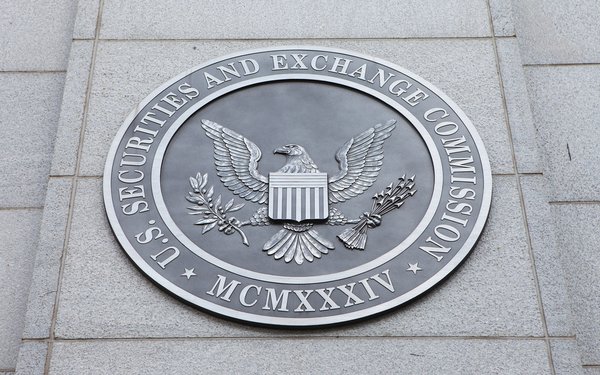
The Securities and Exchange Commission
today announced that WPP has agreed to pay more than $19 million to resolve charges that it violated the anti-bribery, books and records, and internal accounting controls provisions of the Foreign
Corrupt Practices Act (FCPA).
Without admitting or denying the SEC's findings, WPP agreed to cease and desist from committing violations of the anti-bribery, books and records, and
internal accounting controls provisions of the FCPA and to pay $10.1 million in disgorgement, $1.1 million in prejudgment interest, and an $8 million penalty.
The holding company issued this
statement Friday morning: “The Commission’s findings relate to control issues as well as the acquisition and integration of companies in high-risk markets until 2018,” when former
WPP CEO Martin Sorrell was still running the company. “As the Commission’s Order recognizes, WPP’s new leadership has put in place robust new compliance measures and controls,
fundamentally changed its approach to acquisitions, cooperated fully with the Commission and terminated those involved in misconduct.”
advertisement
advertisement
According to the SEC's order, WPP implemented
an "aggressive business growth strategy that included acquiring majority interests in many localized advertising agencies in high-risk markets." The order finds that "WPP failed to ensure that these
subsidiaries implemented WPP's internal accounting controls and compliance policies, instead allowing the founders and CEOs of the acquired entities to exercise wide autonomy and outsized
influence."
The order also found that, because of structural deficiencies, "WPP failed to promptly or adequately respond to repeated warning signs of corruption or control failures at certain
subsidiaries."
The SEC cited an example in India where an acquired subsidiary continued to bribe Indian government officials in return for advertising contracts even though WPP had received
seven anonymous complaints touching on the conduct. The order also documents other schemes and internal accounting control deficiencies related to WPP's subsidiaries in China, Brazil, and Peru.
"A company cannot allow a focus on profitability or market share to come at the expense of appropriate controls," stated Charles Cain, the SEC's FCPA Unit Chief. "Further, it is essential for
companies to identify the root cause of problems when red flags emerge to prevent a pattern of corrupt behavior from taking hold."